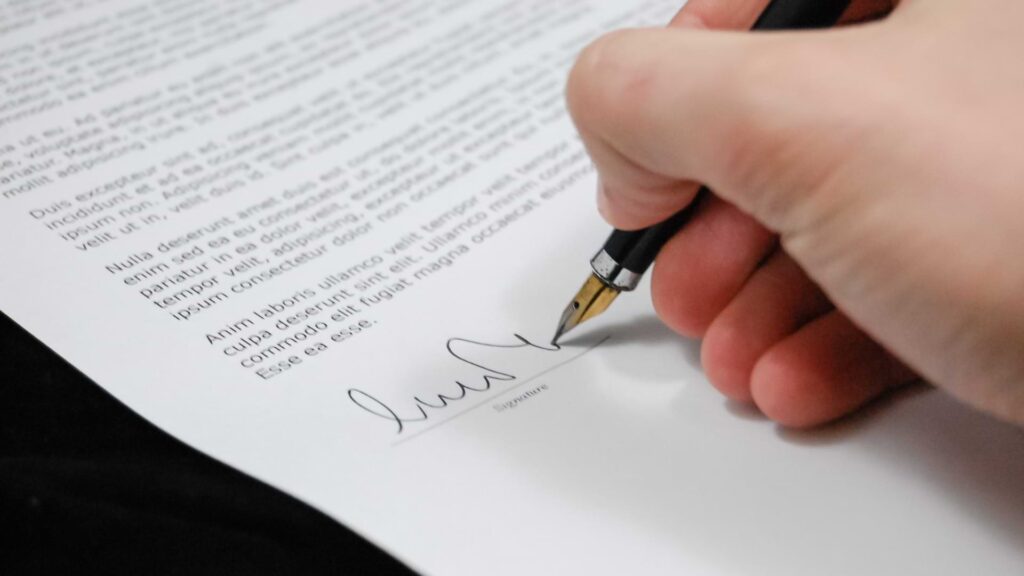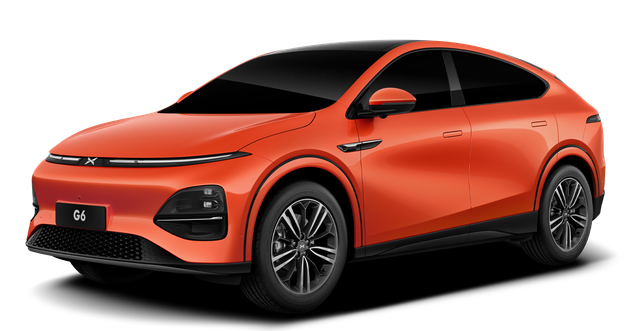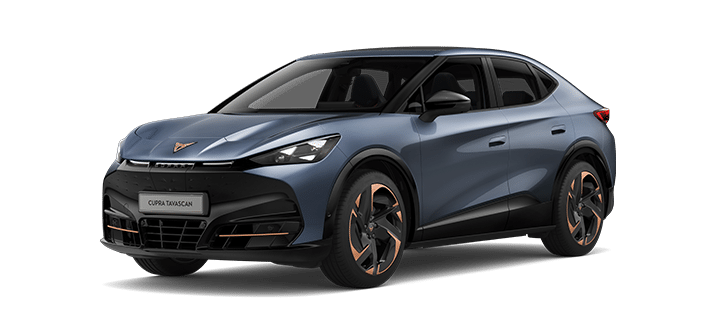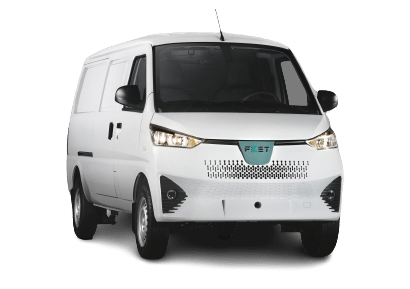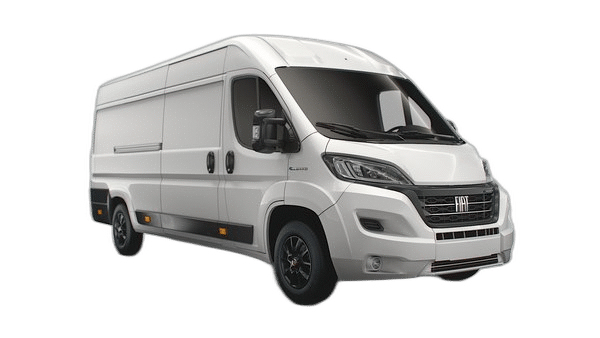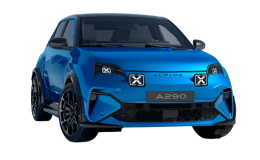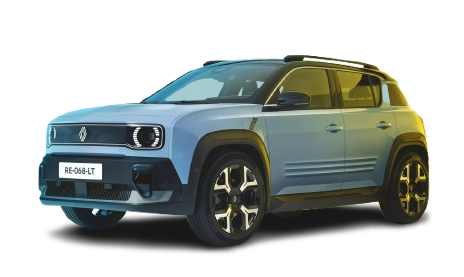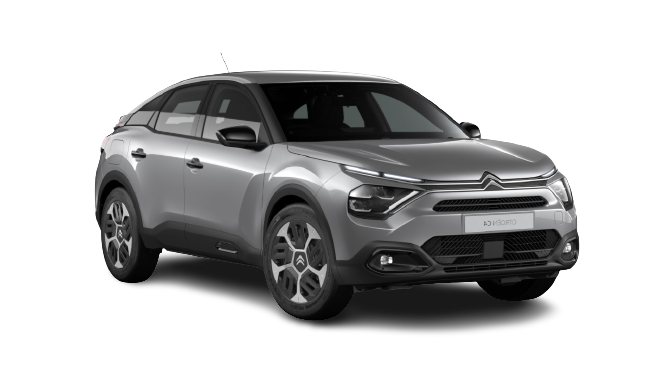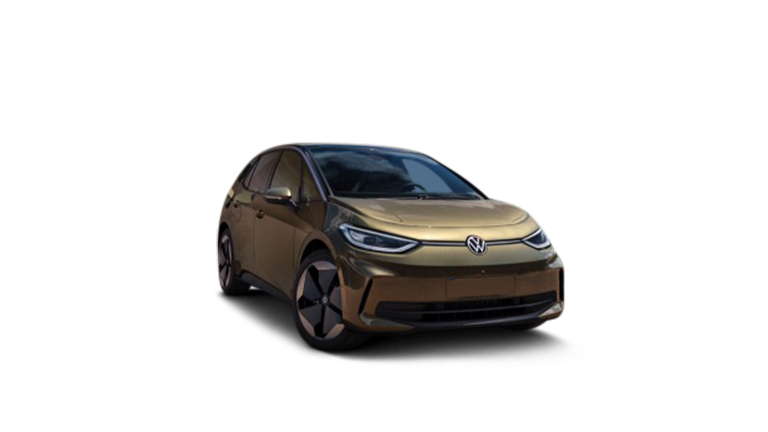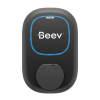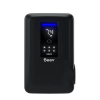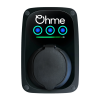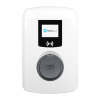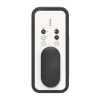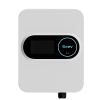CAFE regulations
World history
The Corporate Average Fuel Economy, otherwise known as the CAFE standard or CAFE regulation, is a regulation introduced in the United States to combat the greenhouse effect. Introduced in the wake of the first oil crisis in 1973, CAFE regulations were designed to influence the development of American vehicles and energy dependency, with a common program for manufacturers to progressively reduce average fuel consumption. In 1975, new cars in the USA consumed 15 liters of petrol per 100km.
Key dates
The CAFE (Corporate Average Fuel Economy) regulation was established in 1975 by the US government through the Energy Policy and Conservation Act (EPCA). to increase the fuel efficiency of motor vehicles. At first, it applied to a single category of vehicle: passenger cars. Two years later, the standard was extended to light trucks and commercial vehicles. Key milestones and dates of this regulation include :
1975: CAFE regulations are established for the first time, requiring an average fuel efficiency of 18 miles per gallon (mpg) for cars produced from model year (MY) 1978 onwards.
1985: CAFE requirements increased to 27.5 mpg for MY 1985 and subsequent cars.
2007: CAFE requirements increased to 35 mpg for MY 2020 and subsequent cars.
2012: CAFE regulations are updated to include separate requirements for cars and light trucks, with targets for increasing fuel efficiency for each vehicle category.
2020 : CAFE requirements are increased to an average of 51 mpg for cars and light trucks produced from MY 2020.
2022: CAFE regulations are updated to include greenhouse gas emission targets and align with European Union and Chinese standards.
Implementation in Europe
In 2014, European leaders adopted the CAFE "Corporate Average Fuel Economy" regulation, due to take effect in 2020. This is an onerous regulation for European automakers, who have to comply with an average CO2 emission threshold that must not be exceeded. This is 95 g CO2/km for Europe, compared with 125 g CO2/km for the USA, 122 g CO2/km for Japan and 122 g CO2/km for China.
This text was passed in 2014, when 70% of sales were held by diesel vehicles in Europe. No one had anticipated the Dieselgate scandal scandal, which led to a considerable drop in the presence of Diesel vehicles. Since the Diesegate crisis, CO2 emissions have been trending upwards. The target is certainly important, but it should be noted that 95% of it was achieved in 2020 and should reach 100% by the end of 2021. Manufacturers who failed to meet the 2020 target were fined a hefty sum! (more on this below).
The calculation of CO2 emissions for a manufacturer includes :
- CO2 emissions for petrol and diesel vehicles
- Electric vehicles (emit 0 g CO2/km).
- Double counting in the calculation
- As well as rechargeable hybrids (emits 30 to 50 g of CO2/km).
- Will count for 1.67 in calculating the overall emissions rate of sales made
Increasing the share of electric and hybrid vehicles in the calculation rewards automakers for their production and sales of clean vehicles.
In 2020, new electric vehicle registrations tripled from 1.9% in 2019. Electric vehicles will soon become unavoidable with the measures of the Lom law (end of combustion engines in 2040), the WLTP standard and CAFE regulations.
In 2020sales sales of new electric and hybrid cars will increase multiplied by 3 than in 2019, reaching 21.5% of total registrations.
Electric vehicles will take off strongly in 2020, accounting for 6.7% (110,912 cars) of new passenger car registrations, up from 1.9% in 2019, according to the CCFA-Comité des Constructeurs Français d'Automobiles.
CAFE regulations and the WLTP standard
The NEDC (New European Driving Cycle) standard was also introduced in 1973, but was modified and updated in 2020 with the new WLTP (Worldwide Harmonized Light Vehicle Test Procedure) standard, which measures fuel consumption as well as CO2 and other pollutant emissions from vehicles. It replaces the old NEDC procedure, which was deemed to be too far removed from actual vehicle CO2 emissions.
The WLTP standard has a dual purpose:
- Calculate vehicle fuel consumption and CO2 emissions
- To authorize its arrival on the automotive market. The vehicle must pass the procedure to be approved.
The results are closer to real-life use on the road. If the vehicle is not up to standard, it will not leave the factory and will have to be adapted.
The switch to the WLTP standard has resulted in a 34% increase in CO2 emissions. This means a higher ecological penalty, which is problematic for drivers. What's more, as the penalty increases from year to year, the WLTP standard should convince professionals and private individuals alike to switch to clean vehicles.
Consumers, too, are taxed if the vehicle emits too much CO2, and therefore have no interest in buying a polluting vehicle. CAFE regulations for manufacturers are fully in line with the WLTP standard for consumers. Both have an interest in moving towards less polluting vehicles.
The objectives of each manufacturer's CAFE regulations
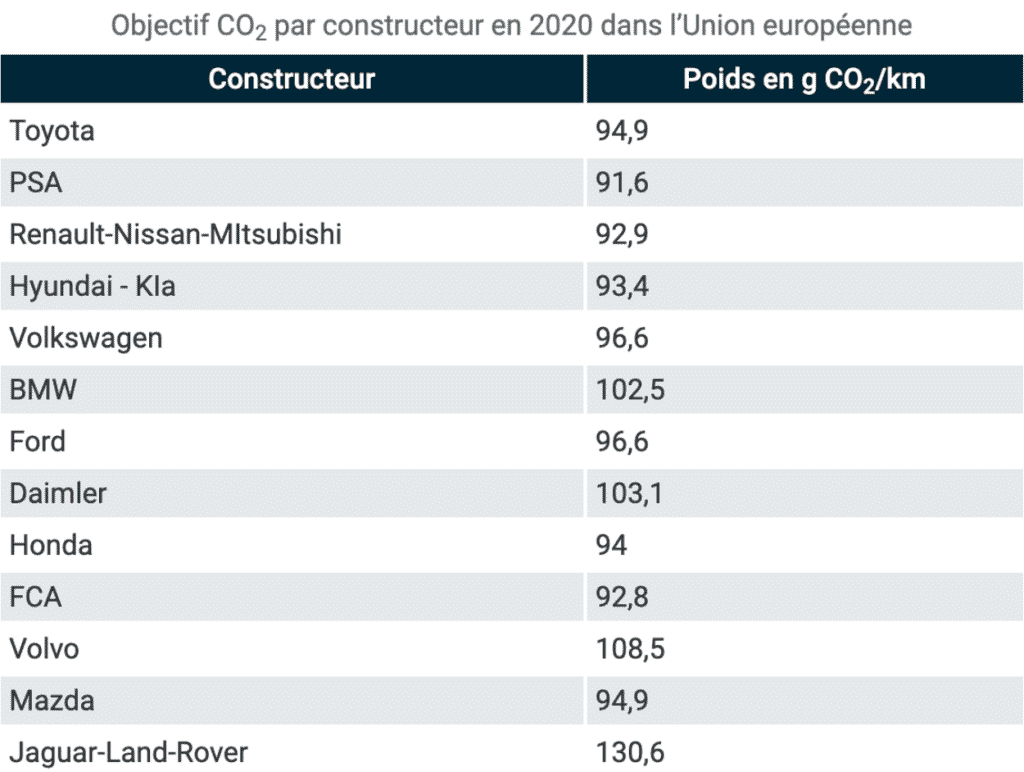
The average CO2 emission threshold is 95 g CO2/km. In the interests of fairness, not all manufacturers have the same emission thresholds. In fact, some manufacturers start from a higher starting point, offering a majority of heavy-duty vehicles with higher CO2 emissions. The targets are therefore proportionate to the manufacturers' ability to adapt. The PSA Group and Opel, which mainly sell small cars, will have a threshold of 92 g CO2/km, while BMW, with its larger vehicles, must reach 103 g CO2/km by 2020.
Penalties for manufacturers
The CAFE regulation fine
Remember that the average quota not to be exceeded is 95 g CO2/km for CAFE regulations.
(The table above shows the quotas for each manufacturer). So if you exceed your quota, you'll have to pay a hefty fine. The fine is 95€ for each gram of excess CO2 multiplied by the number of vehicles sold by the manufacturer in 2020. This is why automakers have set their sights on producing electric vehicles in 2020. Very quickly, manufacturers will be required to produce only electric vehicles.
Poor performers under CAFE regulations in 2020
The sanctioned manufacturers include 2 pools:
- Ford-Volvo
- they had to reach 101 g CO2/km
- at the end of 2020, they achieved 103 g CO2/km
- FCA (Fiat Chrysler)-Tesla-Honda
- they had to reach 94 g CO2/km
- by the end of 2020, they had achieved 97 g CO2/km
One pool was a pact between certain manufacturers. Those with excessive CO2 emissions could buy credits from brands with low CO2 emissions. (Ex: Fiat Chrysler and Honda were able to buy credits from Tesla to reduce their CO2 emissions).
As well as :
- The Daimler Group (mercedes - smart)
- they had to reach 102 g CO2/km
- at the end of 2020, 105 g CO2/km
- Volkswagen Group
- they had to reach 97 g CO2/km
- by the end of 2020, they had achieved 101 g CO2/km
According to initial calculations, manufacturers will have to pay a total of €500 million. (€95 per excess gram x number of vehicles sold in 2020)
Conclusion
One more regulation that strongly encourages automakers to produce electric vehicles. Carmakers have understood this. By 2022, many of them have produced and sold green models. In the years to come, we're going to see a real energy transitionThis transition is currently punctuated by a number of measures: the CAFE law punishes manufacturers, while the WLTP standard standard taxes consumers.
Beev offers multi-brand 100% electric vehicles at the best prices, as well as recharging solutions.
